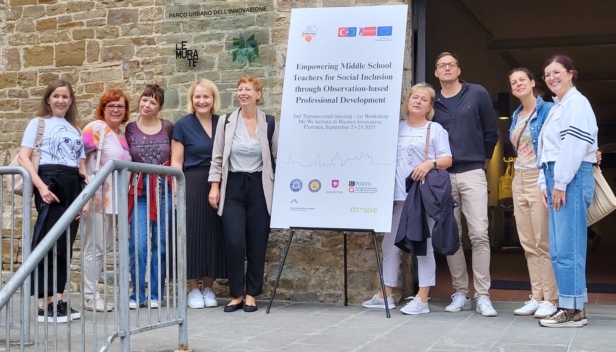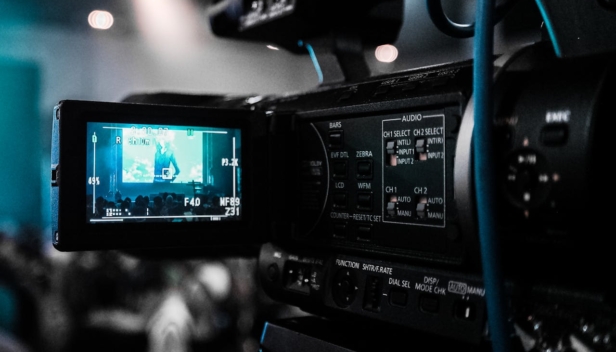Comparison of Learning Autonomous Driving in CARLA and Udacity Simulators for Beginners
Software Computing

In order to train artificial intelligence models for autonomous vehicle applications, this thesis compares the performance of two popular simulation platforms, CARLA and Udacity, with a focus on beginners in the field.
This study also evaluates the usefulness of Jupyter Notebook and Google Colab, two well-known software environments, for creating and testing self-driving algorithms. The main objectives of this study are to identify which development environments and simulation tools are best suited for inexperienced developers, and how to optimise self-learning algorithms to improve the performance and accuracy of UI models in autonomous driving situations.
The results of the study show that the more realistic but more complex CARLA simulator is more suitable for experienced users and in-depth simulations, while the more beginner-friendly Udacity simulator is more accessible due to its simpler interface and lower processing requirements.
Similarly, Google Colab offers new users an easy-to-use and resource-efficient environment, using cloud infrastructure to provide reliable computing resources without the need to install high-performance hardware locally.
On the other hand, Jupyter Notebook is considered more useful for experienced developers who need more freedom and control in setting up their development environment.
In addition, the study confirms that increasing the number of iterations in a self-learning algorithm cycle increases the performance of AI models to a certain extent. However, beyond this point, further iterations lead to diminishing returns, as they increase resource consumption without significantly improving learning outcomes.
These observations improve our understanding of the trade-off between learning efficiency and computational efficiency during the learning of AV models.
In view of all the above, the thesis offers insightful and useful advice that will help both beginners and experienced users to choose the best tools and development processes for audiovisual content.
Furthermore, it provides suggestions for future studies aimed at improving the performance and resilience of AI models in autonomous driving.





